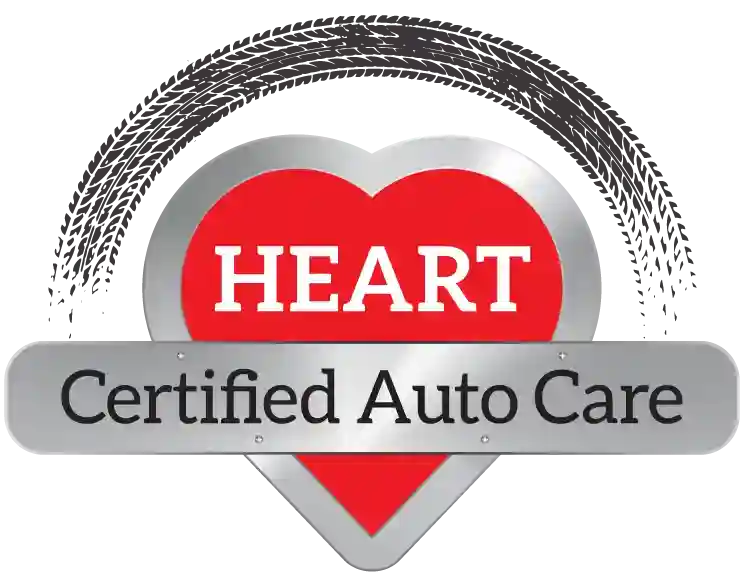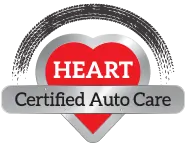There are several myths concerning your automobile, particularly its brakes, that circulate at all hours of the day and night. Most of us find it difficult to discriminate between wrong and right, so we typically rely on what others tell us. Our qualified team of specialists is here to dispel these prevalent fallacies!
- First, the “brake pads must be warmed up.”
This is NOT TRUE. The brakes on the average car generate enough friction to stop your vehicle even in subzero temperatures. It makes no difference whether it is cold or hot; if your brakes are in good condition, they will bring your car to a halt.
- “Wet brakes will lengthen your stopping distance.”
Wet surfaces take approximately three times longer to break than dry surfaces, although this is not due to a clogged braking system. When your rotor becomes wet, the water is thrown off by the force of your spinning wheels. Your stopping distance is reduced owing to a loss of tire traction rather than wet brakes. Even on wet or slick roads, you should slow down to acquire better traction.
- “Simply apply lubrication to your brakes to silence them.”
Basting your brake pads and calipers will not permanently address your loud braking problem. In fact, applying too much might harm your brakes by increasing braking time.
- “Your brakes are mandated by law.”
Surprisingly, there are no government-mandated rules governing the performance of brake pads. It makes you wonder if one should exist given how important brakes are for your safety.
- “Brake sounds are always the result of worn brake pads.”
Though brake pads may contribute to certain braking noise, they are not the sole possible source. When your brake pads are worn out, they will scrape against the rotor, indicating the need for a replacement. As a consequence, you will notice a high-pitched screaming noise emanating from your wheels. Thinner braking system components, such as the rotor or caliper, can also produce high-frequency noises.
Are you having braking problems? With a good brake inspection and repair service, our qualified specialists can help you discover your braking problem and remove excess brake noise. Please contact us or come to HEART Certified Auto Care now!





